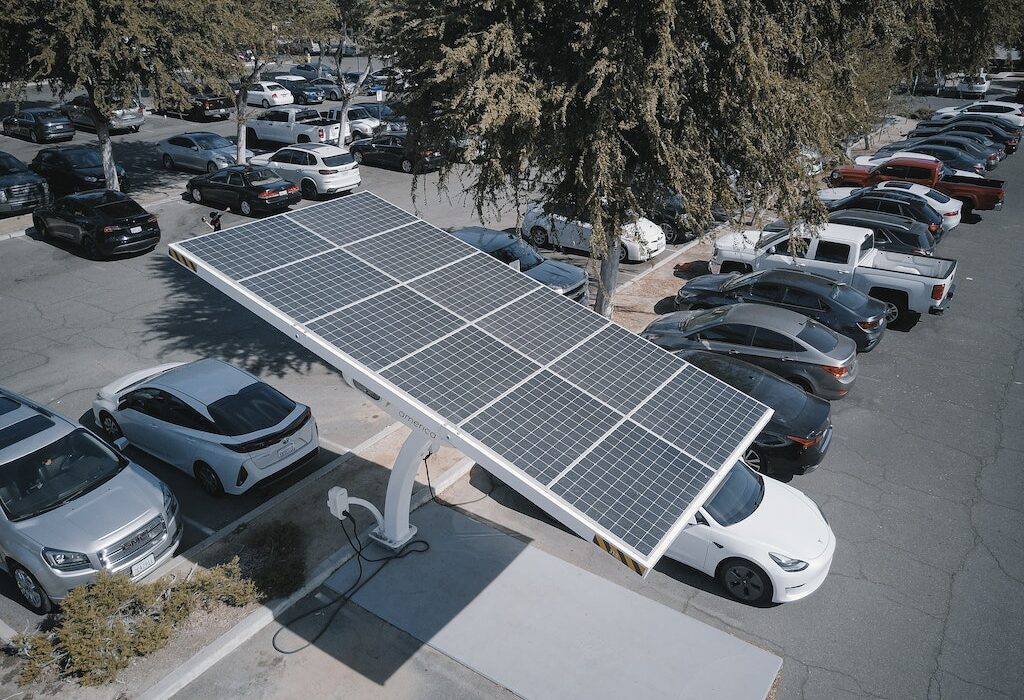As electric vehicles (EVs) gain popularity, more individuals consider the switch. Beyond the well-known environmental benefits and impressive performance of EVs, there are strong reasons to transition from traditional gasoline-powered cars. The financial advantages, stemming from improved efficiency, lower energy costs, and reduced maintenance expenses, make EVs an appealing choice for many. However, moving to an EV represents a significant choice that necessitates careful deliberation and information gathering.
Here, we’ve gathered ten essential questions for prospective EV owners. While some questions have straightforward answers, others depend on factors like the specific EV model, location, and usage patterns.
Is the Car’s Range Enough?
Many modern EVs offer 250 to 300 miles of range per charge, with some like Tesla and Lucid exceeding 300 miles. However, real-world range may differ due to factors such as driving habits and weather.
Can I Charge the EV at Home?
Home charging is convenient, but ensure a 240-volt outlet (Level 2 charging) for faster replenishment. Level 1 chargers will take longer, but plugging in your car when you reach home or at work will ensure you have enough juice.
What’s the Cost of Electricity?
Electricity prices vary, but home charging is typically cheaper. Time-based rates can offer savings.
Are There Nearby Charging Stations?
Locate nearby charging stations, including fast-charging options, for convenience during road trips.
Can I Use the EV for Road Trips?
EVs are suitable for road trips with proper planning, including identifying charging stations along the route.
What EV Incentives are Available?
Explore federal and local incentives, including tax credits, rebates, and discounts for EV purchases, and consider eligibility.
Should I Buy New or Used?
Used EVs can save money, but buying new ensures a full warranty and the latest technology.
Is it Better to Buy or Lease?
Decide based on budget and the desire to upgrade to the latest EV technology.
What About EV Maintenance?
EVs require less maintenance as there are limited moving parts. There’s no fuel, no engine oil, and therefore the need to maintain that is eliminated. However, understand warranties and potential battery replacement costs.
How Much is EV Insurance?
Insurance for EVs can be higher due to their cost and expensive battery packs. Be aware of the coverage provided.
In conclusion, the decision to switch to an EV involves various considerations. By addressing these essential questions, potential EV owners can make smart, informed choices to ensure that their vehicle meets all their needs.






